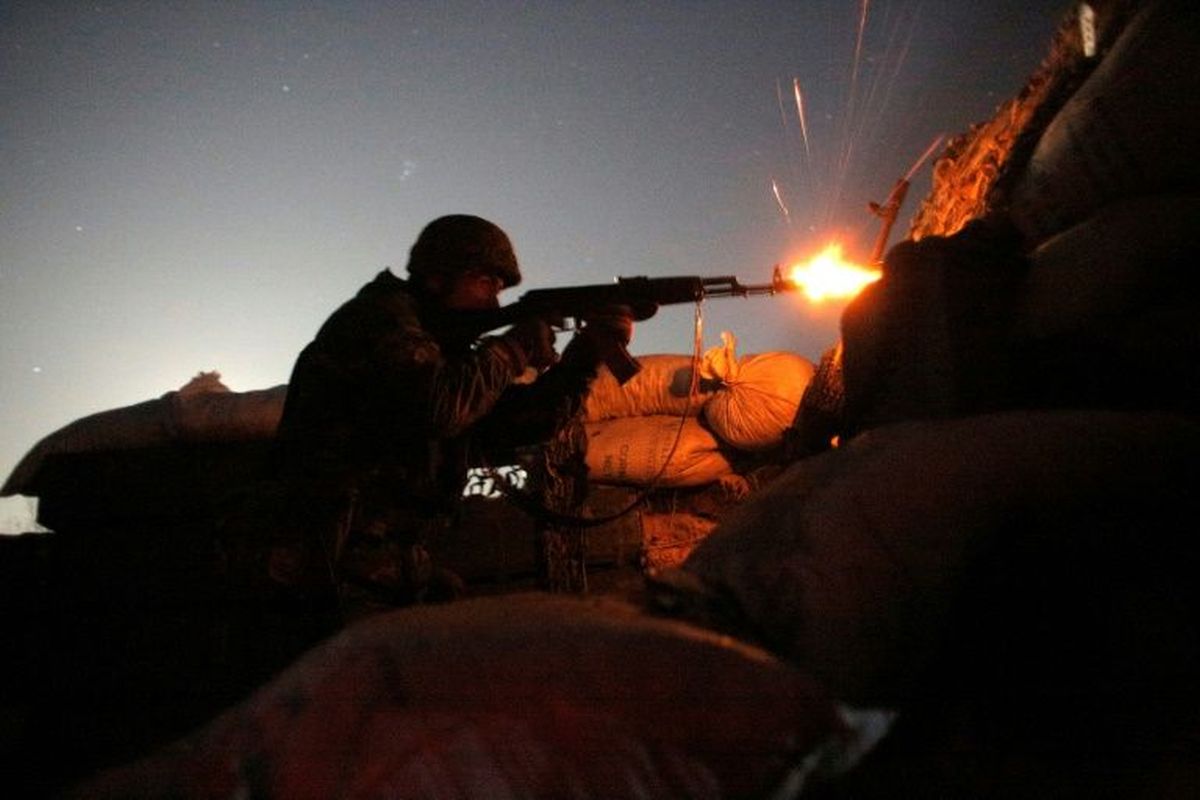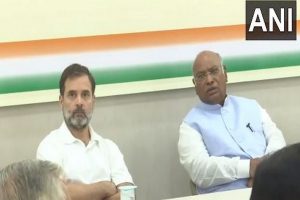Ukrainian authorities and pro-Russian separatists in the war-torn east of the country are expected Sunday to swap dozens of prisoners in a frontline operation that stirred controversy in Kiev.
As part of the swap, Kiev is expected to hand over to separatists several riot policemen suspected of killing protesters during a pro-Western uprising in 2014, in a move that sparked public anger.
The latest exchange comes after Russian President Vladimir Putin and Ukrainian leader Volodymyr Zelensky held their first face-to-face talks in Paris on December 9 and agreed on some measures to de-escalate Europe’s only active war.
The summit, mediated by the leaders of France and Germany, was the first of its kind in three years.
“There should be an exchange… We are waiting for this,” said Zelensky.
A representative of the separatist stronghold of Donetsk, Daria Morozova, said Donetsk and another separatist statelet of Lugansk would get 87 prisoners, while 55 people would be handed over to Kiev.
The prisoner exchange is expected to take place near the town of Gorlivka in the Donetsk region.
The swap would come three months after Ukraine carried out a long-awaited exchange with Russia of 35 prisoners each. As part of that exchange, Russia released filmmaker Oleg Sentsov and 24 Ukrainian sailors.
More than 13,000 people have been killed since pro-Russia militias in eastern Ukraine launched a bid for independence in 2014.
– Anger in Kiev –
Many are concerned that Ukraine will have to pay an exorbitant price during the swap by agreeing to release several riot police after more than 100 protesters were gunned down during the 2014 uprising.
In an open letter to Zelensky this week, the victims’ families warned the release of the suspects could lead to a “wave of protests.”
“We would like to inform you that these people are neither participants nor victims of the conflict in eastern Ukraine,” they said on Facebook.
On Friday, Ukraine’s prosecutor general suddenly replaced a group of prosecutors who had been investigating the role of the riot police in the uprising.
“We would like to apologise to the victims (…) and to say that we are very, very, very ashamed of all this,” said one of the prosecutors, Oleksiy Donskyi.
Since coming to power in May, comedian-turned-president Zelensky, 41, has sought to revive a peace process to end the conflict.
At the Paris summit, the leaders have sought to revive accords signed in Minsk in 2015 that call for the withdrawal of heavy weapons, the restoration of Kiev’s control over its borders, wider autonomy for Donetsk and Lugansk, and the holding of local elections.
The Kremlin has sent signals that it is ready to work with Zelensky, whom Putin has described as “likeable”.
But there was no sign of warmth between the Ukrainian and Russian leaders in Paris and many doubt whether Putin genuinely wants to settle the conflict.
Putin said this month that if Kiev gets back control of the border in the east residents of separatist-held territories could be targeted.
“Well, I can imagine what will begin. There will be Srebrenica there, that’s all,” Putin said, referring to the 1995 massacre during the Bosnian war.
He claimed that Zelensky was not powerful enough to rein in Ukrainian nationalists.
Zelensky’s peace plan has been strongly criticised by war veterans and nationalists in recent months.
Ties between Ukraine and Russia were shredded after the 2014 bloody uprising ousted a Kremlin-backed regime. Moscow went on to annex Crimea and support insurgents in eastern Ukraine.












